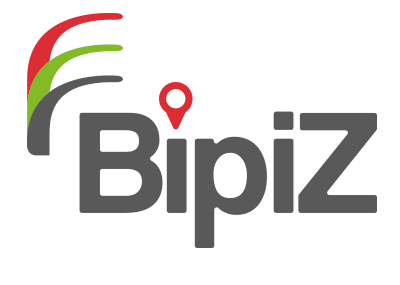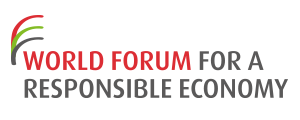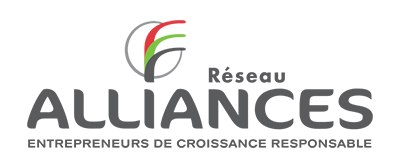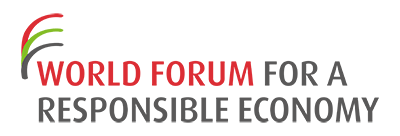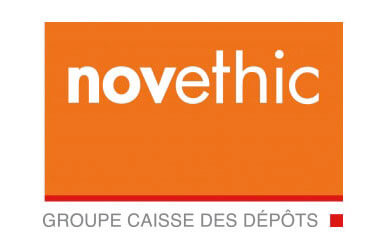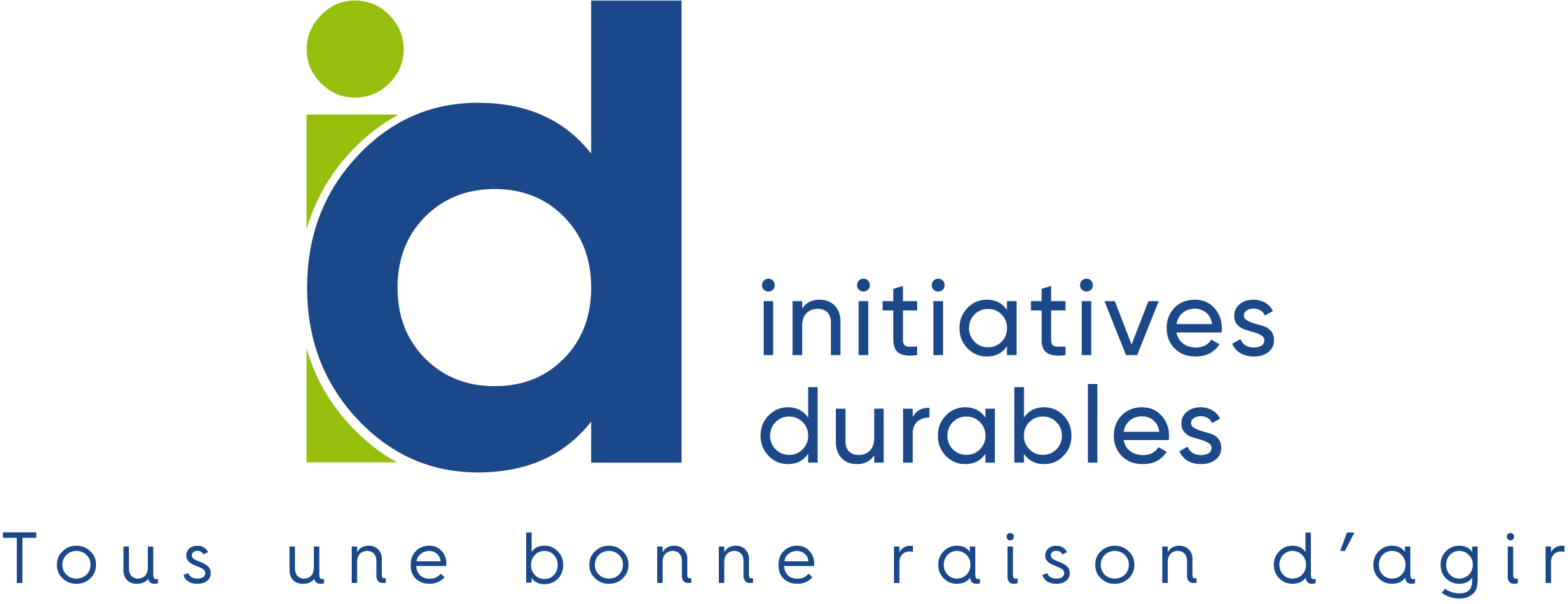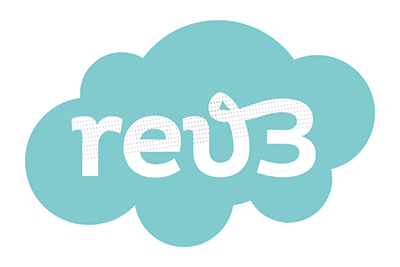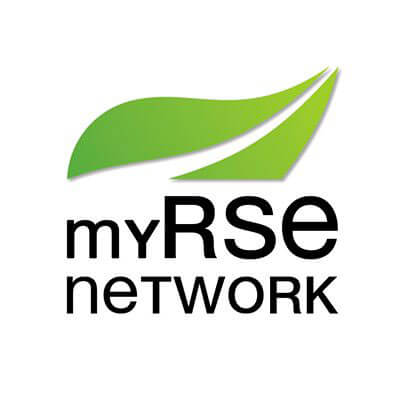Net-Works was born from a collaboration between global carpet tile manufacturer Interface, Inc. and the Zoological Society of London (ZSL). It tackles the growing environmental problem of discarded fishing nets in some of the world’s poorest coastal communities.
Fishing nets are made from the same material that is used to make carpet yarn and can persist for centuries. The Danajon Bank is one of only six double-barrier reefs in the world, and discarded nets take a huge toll on the environment and marine life there. Fishing nets are also one of the most abundant sources of recyclable nylon in the world, however. The estimated length of nets discarded each year in this area, if laid out end to end, is 400 times the length of Danajon Bank, equivalent to 1.5 times the world’s circumference.
This project helps to ensure that end-of-life nets are no longer discarded in marine and freshwater ecosystems, but become an additional source of revenue for Philippine residents.
